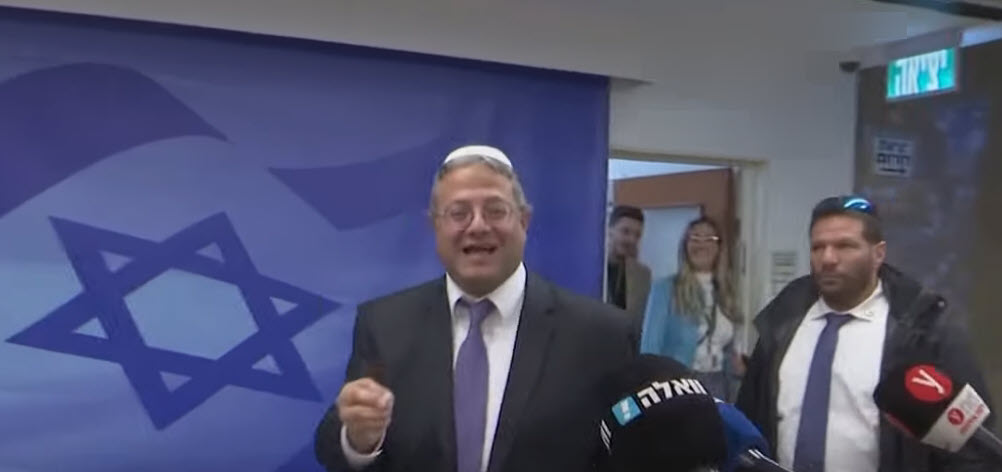Recent comments by members of the Israeli government have ignited condemnation from the European Union and various member states. The contentious remarks suggested the resettlement of Palestinians and the construction of Israeli settlements in Gaza, sparking international criticism and drawing attention to the sensitive dynamics of the Israeli-Palestinian conflict. The comments have also faced disapproval from the United Nations, highlighting the gravity of the situation.
The European Union, known for its commitment to promoting peace and dialogue, has unequivocally condemned the statements made by members of the Israeli government. The EU’s collective stance underscores the region’s importance and the need for constructive discussions to achieve a sustainable resolution to the Israeli-Palestinian conflict.
In addition to the EU’s united condemnation, individual member states have voiced their disapproval of the suggested policies. This reflects a shared concern within the EU about the potential impact of such proposals on regional stability and the pursuit of a two-state solution.
The proposal for the resettlement of Palestinians is a contentious issue that strikes at the heart of the Israeli-Palestinian conflict. The comments have reignited debates about the rights and future of the Palestinian people, raising questions about the feasibility and ethical considerations of such a move.
The suggestion of building Israeli settlements in Gaza adds another layer of sensitivity to the situation. The establishment and expansion of settlements have long been a major point of contention in peace talks, and any moves to increase their presence raise concerns about the viability of a two-state solution.
The condemnation from the European Union is not an isolated response. The international community, as represented by the United Nations, has also criticized the Israeli government’s remarks. This collective disapproval signals a global commitment to addressing the Israeli-Palestinian conflict through diplomatic means and respecting the rights of all involved parties.
The United Nations, a key player in global diplomacy, has joined in criticizing the controversial statements. The UN’s involvement emphasizes the significance of finding diplomatic solutions to conflicts, particularly in regions with deep-rooted historical and territorial disputes.
The strong reactions from the EU and the UN underscore the inherent sensitivity of the Israeli-Palestinian conflict. The conflict encompasses complex historical, political, and territorial issues, making any proposed solutions subject to intense scrutiny and global concern.
In the face of controversial remarks, the emphasis on diplomatic solutions is paramount. The condemnation by the EU and the UN highlights the international community’s commitment to fostering an environment where negotiations can take place, addressing core issues and working towards a sustainable peace.
Preserving the Two-State Solution: The recurring theme in the condemnation is the commitment to a two-state solution. The EU and UN’s criticism suggests that the suggested policies have the potential to undermine the prospect of two independent and sovereign entities, Israel and Palestine, coexisting peacefully.
In conclusion, the condemnation from the European Union and the United Nations reflects a shared international concern over statements that could impact the delicate balance in the Israeli-Palestinian conflict. The global response underscores the importance of diplomatic efforts in navigating the complexities of the region and working towards a lasting and just resolution.



